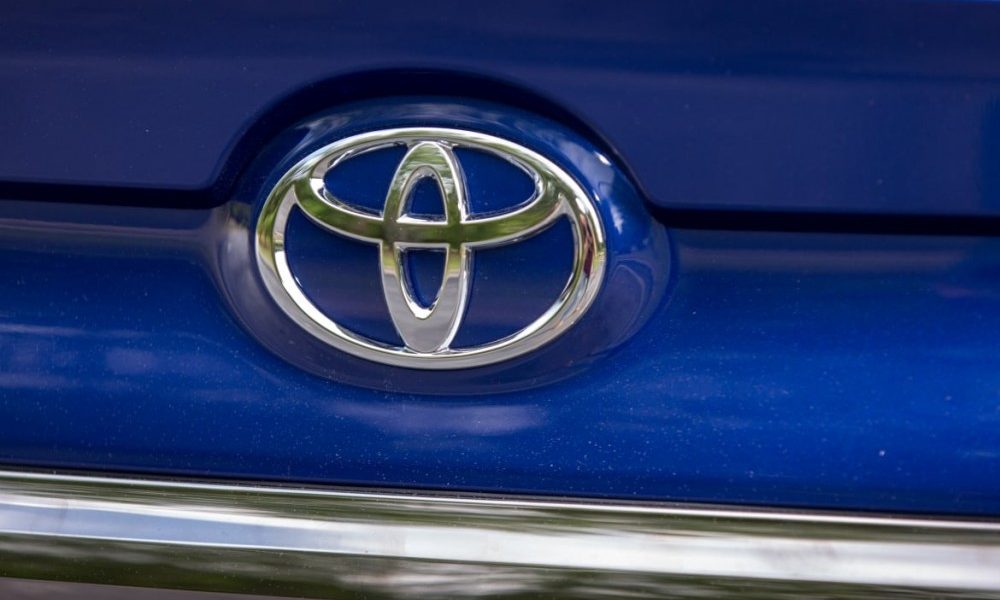AutoAfterWorld.COM — In a move to change how its cars drive, Toyota announced wide-ranging plans to roll out new vehicle platforms and engines over the next five years. The automaker says it will offer its next generation of powertrains in at least 60 percent of the cars it sells in the U.S., Japan, Europe and China by 2021.
Related: GM Expands New Transmission Use for 2018
The automaker said it wants to make its cars "fun to drive" — a seemingly tall order for mainstays like the Corolla and Camry but something Toyota has indeed done with cars like the Scion FR-S-turned-Toyota 86 coupe. The automaker said its next drivetrains will improve performance by about 10 percent and gas mileage by about 20 percent versus the current crop. Across three continents, Toyota plans a massive rollout: 17 versions of nine engines, 10 versions of four transmissions and 10 versions of six hybrid systems by the end of 2021. The first of them arrives in 2017, Toyota said, but it's unclear how many of those will come to the U.S. market.
Among the highlights:
New Four-Cylinder Engine
What changed: The next generation of Toyota's larger four-cylinder engine has the same 2.5-liter displacement as the current four-cylinder, but Toyota will add direct injection and promises "ample torque at all speeds" and "one of the world's best thermal efficiencies" — a technical term to measure how well an engine turns combusted fuel into energy output.
Where you might see it: The Camry and RAV4 both have port-injected 2.5-liter four-cylinder engines; both cars are likely candidates for the next 2.5-liter.
Why it matters: Rival automakers like Honda, Hyundai-Kia and Mazda have switched from port injection to direct injection in their mainstay engines, and the resulting benefits — more precise fuel metering to improve power and fuel efficiency — would be a welcome upgrade for Toyota shoppers.
New Transmissions
What changed: Toyota will develop eight- and 10-speed automatic transmissions with lower-friction components and compact packaging. The automaker promises ultra-quick gear changes with the 10-speed unit, and it separately mentioned a "new kind of continuously variable transmission."
Where you might see it: The 2017 LC 500 coupe from its Lexus luxury division has a 10-speed automatic that Toyota says is the first of its kind in a luxury car. The automaker hinted that the 10-speed could end up in other rear-drive luxury cars, so it could show up in the next-generation LS or GS sedans.
Why it matters: Toyota already has eight-speed automatics in mainstream cars like the Highlander, but if the automaker replaces its six-speed automatic with the gearbox elsewhere — think Camry, RAV4 and the like — it could drive some mileage improvements. Still, we've observed in cars from Jaguar to Toyota that more gears can often hurt drivability, and fuel-efficiency gains can face diminishing returns as gear counts go ever higher. Toyota promises "lag-free and rhythmical acceleration that meets driver expectations, even in cases of sudden and heavy accelerator pedal use," but the proof will be in the pudding.
Next-Generation Hybrid Systems
What changed: With a lot of pages taken from the fourth-generation Prius' playbook, Toyota plans an "enhanced" 2.5-liter hybrid system for its mass-market hybrids and an overhauled higher-performance hybrid system for its rear-drive cars. Its plug-in-hybrid system, meanwhile, gets more power and a larger-capacity battery for EV ranges that could top 37 miles — but that's in Japan test cycles, not U.S. EPA cycles.
Where you might see it: The current Avalon Hybrid, Camry Hybrid, RAV4 Hybrid and several Lexus hybrids have 2.5-liter-based systems, while the Lexus GS 450h and LS 600h employ rear-drive-based hybrid systems. Toyota's overhaul could affect all of them.
Why it matters: The 2.5-liter system builds on Toyota's upgraded four-cylinder engine detailed above, while the automaker said its next rear-drive hybrid system enables smoother, more direct acceleration with more electric-only operation at high speeds. All of that portends better performance, increased gas mileage or both.



Leave a Reply